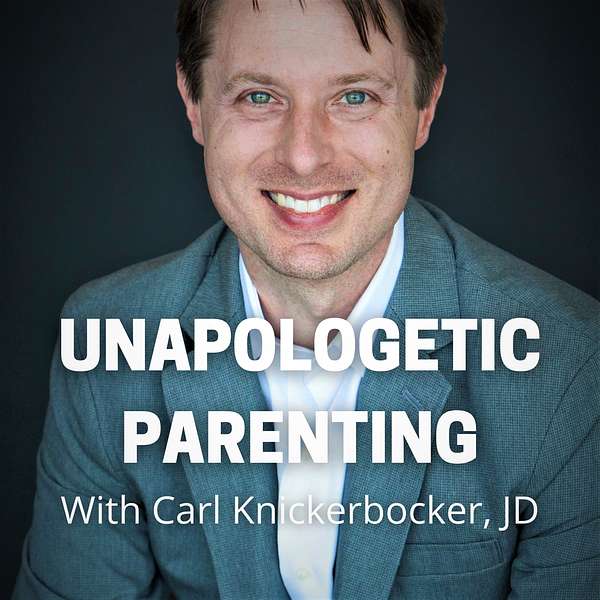
Unapologetic Parenting
Unapologetic Parenting
Why The Court Treats The Abuser Like The Victim And The Victim Like The Abuser
Hypothesis: the heart of so many of the family court’s judgment errors boils down to the emotional illiteracy of the lawyers, judges, therapists, and other paraprofessionals attached to the system.
The family court system is not trauma informed. The judges are not therapists and spend the least amount of time learning about the case out of all the players. The therapists attached to the system are often opportunists to make matters worse for their own gain. Facilitators and evaluators make their money off of conflict and refer to their therapist buddies. Lawyers profit off of conflict and more conflict.
The court system is often completely emotionally illiterate when it comes to anger. Anxiety, grief, ptsd, concern, passion, forwardness, and fear are misinterpreted as anger and used again the person feeling these legitimate emotions.
Meanwhile the actual abusive party is pretending to be innocent and cooperative…while accusing the other party (often their past and/or present abuse victim) of having anger issues.
The result? Terrible judgments by the court that treat the abuser as the victim and the victim as the abuser.
It's always important to pick your battles very wisely when engaging the family court system. Because the family court system on the surface always appears to favor the abuser who cries victim over the victim who cries abuser. Why? My initial thought hypothesis, so I would say is that they can't read anger properly. When somebody who has been actually abused, someone who is actually a victim is standing up for themselves, the fear that they experience, the genuine righteous anger that they experience, the passion, they have to protect their child against the abuser gets misinterpreted and mis read by these inexperienced and you know, frankly, emotionally illiterate people of the family court system. And it gets completely misread as anger. So all of a sudden, you have the angry parent, bad, bad, angry parent, who is going against this other person who is feigning innocence, and oh, look, I'm just trying to co parent and everything else. And they're just putting on that ruse of being the perfect model co parent, while the person who's been abused by them knows, hey, that's just an act. Well, the court doesn't get that. Again, it's emotional illiteracy, within the court system. So the person who has been legitimately abused, that has legitimate concerns and fears and complaints and mourning and loss and anxiety and stress and everything else, when they tried to speak from that place, it gets misinterpreted as anger. And the court ends up just seeing, here's some angry person against the not angry person. Here's somebody who is, you know, trying to stand up and expressing these emotionally charged things. And the court doesn't comprehend it, they just see it as being confrontational, as being angry as being all sorts of negative things, when really it's very rational, and very, very proper, insane, to be acting in these ways to be speaking out against abuse, to be bringing up facts, to be emphatic about your concerns about your kids. But the moment you do that, and start saying, you know, these are the things that happened, I require a change, I want to protect the kids, I want boundaries, this other person has done X, Y, and Z. The court completely mishandled that time after time after time after time, because of a, again, illiteracy, they don't recognize the true emotions that are going on behind the scenes. Were still a lot of the therapists and facilitators and co parenting blah, blah blahs, I don't even know how many different professions have now attached themselves to this field for profit. But so many of them completely misunderstand the emotions that are going on grief, genuine anger, hurt, anxiety, legitimate PTSD, that so many people have from being mistreated. And it all just gets kind of lumped into this thing that's called anger. Oh, that's an angry parent. That's an angry man. That's the angry mom. And so that that person is the one with the problem, because Oh, look at perfect little poster child over here, who is now just pretending to go along with all of the court systems requirements to just look as good as possible to oh, look, I just want to be a good co parent and look at all these things I'm doing on paper. And the court just is not equipped to understand that.
This solution, a lot of education, there needs to be a lot of deep education within the court system and all the little leeches that get attached to it on being trauma informed. They need to recognize first and foremost, that people who are showing up with the appearance of being angry, it's probably trauma is that probably trauma, they need to assume upfront, it is trauma speaking and try to understand it in those terms. And if they can see through it and see beyond just angry man or angry mom or whatever showing up and see, hey, this person has legitimate concerns. They have unresolved trauma they have, you know, anxiety, they have all these things going on. Then the court can maybe better Hey,
handle this dynamic, but as it is, the court ends up seeing the person who is the, the abused as the abuser and they see the abuser, as the victim. And this is why they get so many of their rulings and their decisions completely backward.
Transcribed by https://otter.ai